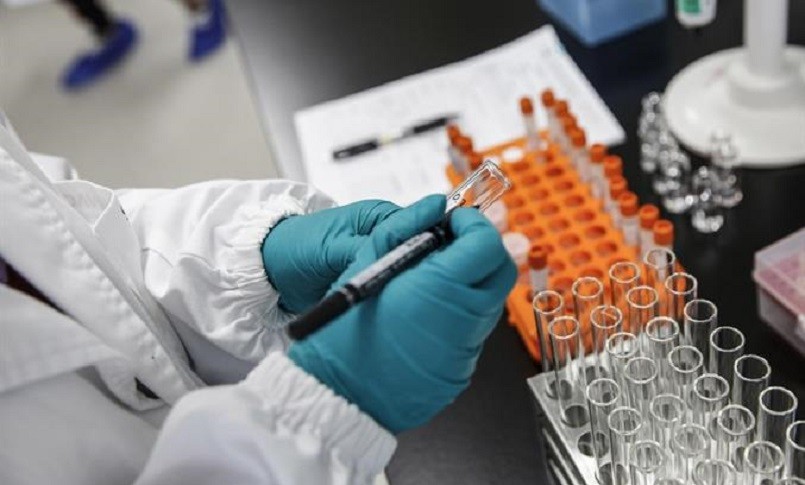A cure for leukemia without chemotherapy or transplant stem. A branded study Gimema (Italian Adult Hematological Diseases Group), coordinated by Robin Foàof the Sapienza University of Rome, confirms the long-term effectiveness – over four years from diagnosis – of a therapy that has changed the history of Philadelphia positive acute lymphoblastic leukemia (Ph+ ALL).
This is a first-line treatment based oncombined use of two drugs which act specifically on the tumor, without the use of chemotherapy and stem cell transplant. The results of the work are published in the Journal of Clinical Oncology.
Advertisements
Ph+ ALL is the most frequent subgroup of acute lymphoblastic leukemia in adults – they explain from Sapienza -, with an incidence that progressively increases with age, so much so that in the over 50s it can affect one in two patients. In the past it was considered the blood cancer with the most unfortunate outcome, because it did not respond well to chemo.
The only potentially curative strategy was allogeneic transplantation hematopoietic stem cells, rarely feasible due to the low sensitivity to chemotherapy and the advanced age of many patients. The prognosis has changed since the beginning of the 2000s with the introduction into clinical practice of tyrosine kinase inhibitorsaimed at the genetic lesion that characterizes Ph+ ALL.
In all Gimema national protocols it was decided to treat patients in the first phase, called “induction”, with a tyrosine kinase inhibitor associated with steroid therapy, without chemo. It was observed that very high percentages of clinical remissions e limited side effects, in patients of all ages. Furthermore, tyrosine kinase inhibitors are administered orally and therefore often at home, with an advantage for the patients’ quality of life.
Subsequently, the group led by Foà used a second generation tyrosine kinase inhibitor (dasatinib) followed by consolidation treatment with a bispecific monoclonal antibody (blinatumomab) capable of recognizing two antigens, one on tumor cells and one on lymphocytes which are thus activated against the tumor.
The joint use of the two drugs made it possible to achieve complete remission of leukemia in 98% of patients, of all ages, without significant side effects and without having to resort to systemic chemotherapy.
The results of the Gimema Lal2116 (D-Alba) study, supported by Airc Foundation and with the contribution of Amgen, were published in 2020 in the New England Journal of Medicine. Today, data from over four years of follow-up (53 months) arrive from the same team, confirming the effectiveness of this strategy with survival rates between 75% and 80%. The study also showed that 50% of patients were treated with combination therapy alone, without requiring chemotherapy or a transplant.
The disease was monitored during treatment with molecular biology techniques and none of the patients with early deep molecular response relapsed. This therapeutic strategy can largely be administered at home, La Sapienza points out. Therefore the clinical protocol was able to continue even during the lockdown imposed against the Covid-19 pandemic, which began in March 2020.
“These results – comments Foà, professor emeritus of Hematology at Sapienza University of Rome – are the best obtained to date because they have been maintained over time and, above all, regardless of the age of the patients. This demonstrates that this therapeutic strategy based on a tyrosine kinase inhibitor therapy, targeting the genetic alteration characteristic of Ph+ ALL, and associated with a bispecific immunotherapeutic antibody, truly represents the future of therapy for patients of all ages with Lal Ph+. the transplant can therefore be avoided in many patients.”
“This last point – we read in a note – will be definitively documented by the new Gimema phase 3 multicenter clinical protocol, currently underway in our country for adult patients with Ph+ ALL of all ages”.
Nurse Times editorial team
Find out how to earn money by publishing your thesis on NurseTimes
The NEXT project is renewed and becomes NEXT 2.0: we publish the questionnaires and your theses
Upload your thesis: tesi.nursetimes.org
